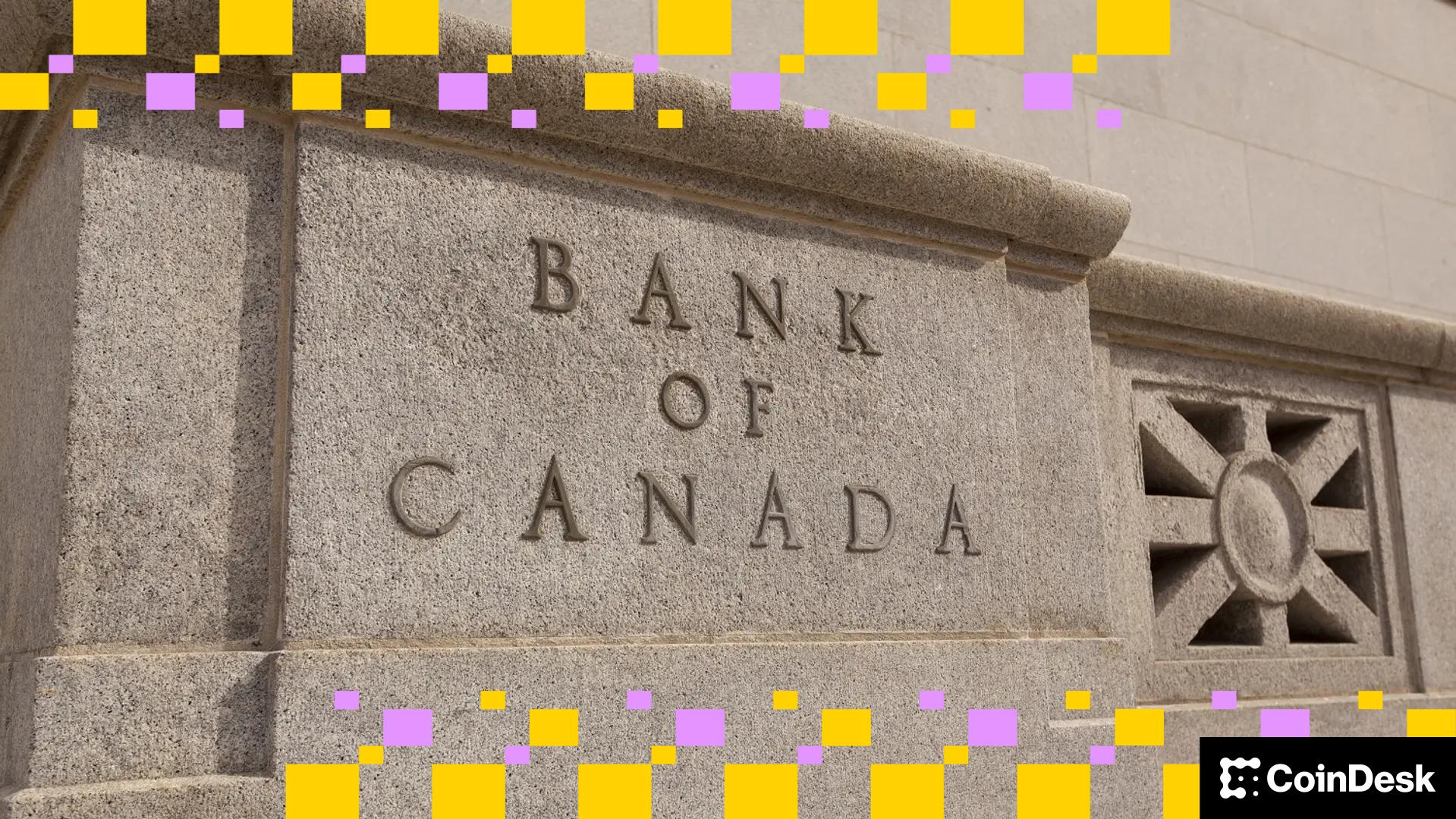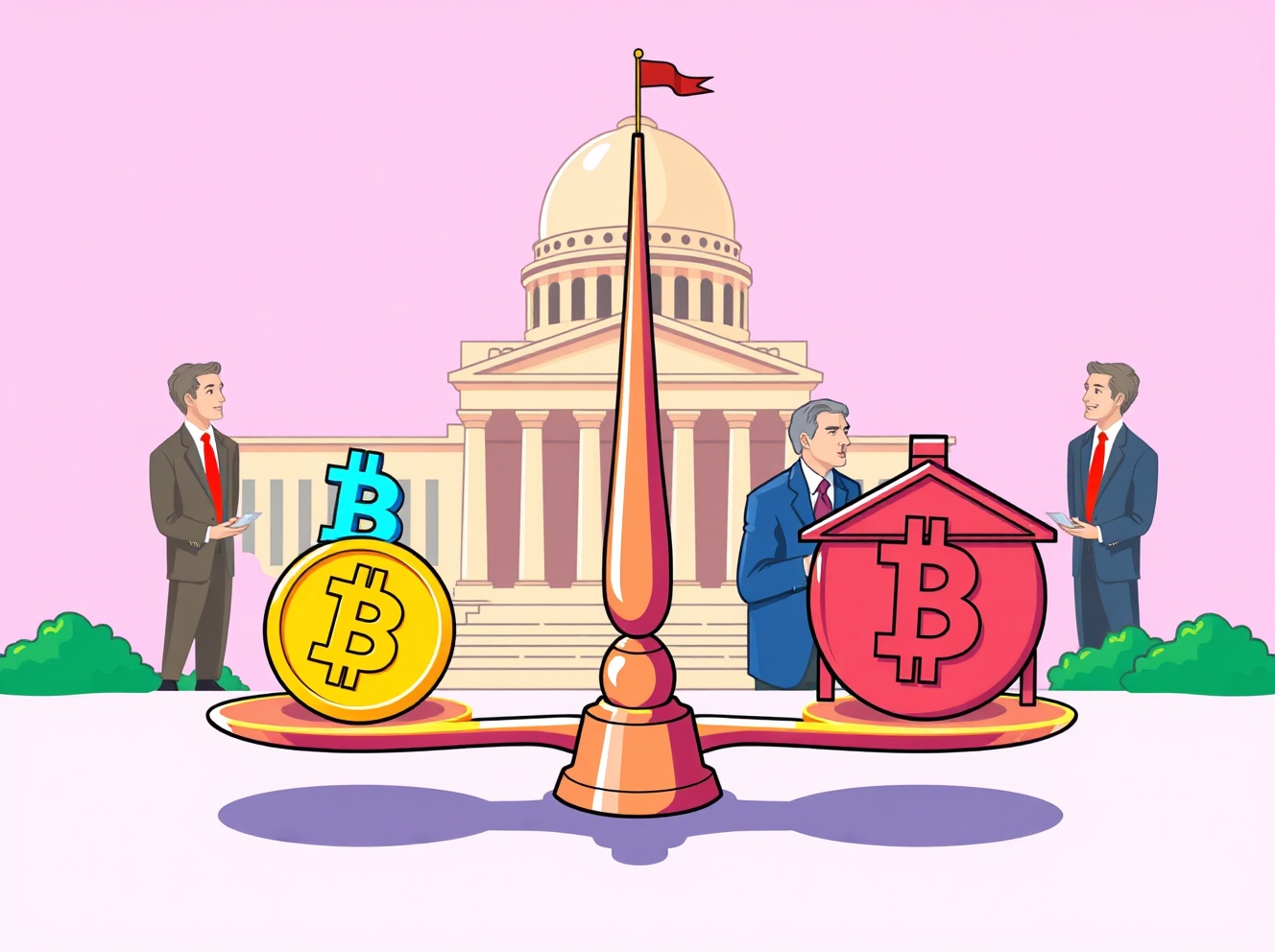Korea Faces Fresh Crypto Tax Chaos as 2027 Deadline Nears: Report

Share:
South Korea is once again facing mounting uncertainty over its long-delayed crypto tax regime, as officials warn that the country remains far from prepared to implement virtual asset taxation by the scheduled January 2027 start date.
Despite five years of political debate, technical planning, and repeated postponements, key infrastructure and regulatory guidelines are still missing, raising concerns that a fourth delay may be inevitable.
Korea’s 2027 Virtual Asset Tax Plan Still Lacks Infrastructure, Analysts Warn
The country’s virtual asset tax law was first approved in 2020 and initially set to begin in 2022. But the rollout has now been pushed back three times, with deadlines shifting from 2022 to 2023, then 2025, and now 2027.
Officials and researchers say the reasons remain largely unchanged: unclear tax rules, absent reporting systems, and persistent political deadlock.
Analysts say Korea is falling behind regional peers. Japan recently moved to classify more than 100 cryptocurrencies on domestic exchanges as financial products, which will subject profits to roughly a 20% tax rate, similar to stocks.
By contrast, Korea plans a 22% tax on annual virtual asset gains above 2.5 million won, but the lack of a functioning framework continues to stall implementation.
Kim Kab-lae of the Korea Capital Market Institute called the repeated delays “unprecedented,” arguing that few major economies have postponed a tax law this many times.
Eleven months after the last deferral, he said, authorities have still not established the necessary infrastructure. No public-private task force has been formed, and virtual asset taxation remains absent from the national tax administration plan.
Regulators have not clarified how income from airdrops, staking rewards, mining, lending, or hard forks will be taxed.
Systems for gathering transaction data, verifying taxpayers, and tracking overseas activity are also incomplete.
As a result, the 2025 tax bill introduced in September contains no significant updates, largely replicating the wording of the deferred 2024 framework.
Korea Races to Align With OECD Rules as Crypto Tax Ambiguity Raises Red Flags
Market concerns are growing, especially as retail participation in crypto reaches record highs.
According to the Financial Services Commission, verified users eligible to trade on domestic exchanges reached 10.77 million in the first half of 2025.
Analysts warn that launching a tax regime without clear rules could expose the government to legal disputes.
Political conflict has contributed to the delays. The ruling People’s Power Party has pushed for postponements to protect market growth and avoid driving investors to foreign exchanges, while the opposition Democratic Party initially resisted the deferrals before ultimately supporting the latest delay.
Some lawmakers want more time to align with the OECD’s Crypto-Asset Reporting Framework, which enables automatic cross-border sharing of crypto transaction data starting in 2027.
Tax enforcement around crypto has intensified, showing the government’s determination to strengthen compliance even without a finalized tax code.
The National Tax Service has warned it can seize cold wallets from taxpayers who fail to settle debts, stating that blockchain analysis tools now allow authorities to monitor transaction histories.
In recent years, officials have confiscated more than 146 billion won in crypto from over 14,000 delinquent taxpayers.
Local governments have also begun taking direct action. Cheongju city announced that it seized crypto from 203 residents since 2021 and liquidated the assets through its own exchange account.
Other districts, including Seoul’s Gangnam area, have expanded their seizure programs as well.
Authorities expect the move to reduce tax evasion but note gaps remain, particularly with users on foreign or decentralized platforms.
Researchers warn that failure to resolve remaining issues soon could undermine the 2027 launch date.
Park Joo-cheol of the Korea Institute of Public Finance said lingering ambiguities could trigger legal challenges once taxation begins.
He urged policymakers to use the remaining runway to clarify definitions and prepare for cross-border data-sharing obligations.
The post Korea Faces Fresh Crypto Tax Chaos as 2027 Deadline Nears: Report appeared first on Cryptonews.
Korea Faces Fresh Crypto Tax Chaos as 2027 Deadline Nears: Report

Share:
South Korea is once again facing mounting uncertainty over its long-delayed crypto tax regime, as officials warn that the country remains far from prepared to implement virtual asset taxation by the scheduled January 2027 start date.
Despite five years of political debate, technical planning, and repeated postponements, key infrastructure and regulatory guidelines are still missing, raising concerns that a fourth delay may be inevitable.
Korea’s 2027 Virtual Asset Tax Plan Still Lacks Infrastructure, Analysts Warn
The country’s virtual asset tax law was first approved in 2020 and initially set to begin in 2022. But the rollout has now been pushed back three times, with deadlines shifting from 2022 to 2023, then 2025, and now 2027.
Officials and researchers say the reasons remain largely unchanged: unclear tax rules, absent reporting systems, and persistent political deadlock.
Analysts say Korea is falling behind regional peers. Japan recently moved to classify more than 100 cryptocurrencies on domestic exchanges as financial products, which will subject profits to roughly a 20% tax rate, similar to stocks.
By contrast, Korea plans a 22% tax on annual virtual asset gains above 2.5 million won, but the lack of a functioning framework continues to stall implementation.
Kim Kab-lae of the Korea Capital Market Institute called the repeated delays “unprecedented,” arguing that few major economies have postponed a tax law this many times.
Eleven months after the last deferral, he said, authorities have still not established the necessary infrastructure. No public-private task force has been formed, and virtual asset taxation remains absent from the national tax administration plan.
Regulators have not clarified how income from airdrops, staking rewards, mining, lending, or hard forks will be taxed.
Systems for gathering transaction data, verifying taxpayers, and tracking overseas activity are also incomplete.
As a result, the 2025 tax bill introduced in September contains no significant updates, largely replicating the wording of the deferred 2024 framework.
Korea Races to Align With OECD Rules as Crypto Tax Ambiguity Raises Red Flags
Market concerns are growing, especially as retail participation in crypto reaches record highs.
According to the Financial Services Commission, verified users eligible to trade on domestic exchanges reached 10.77 million in the first half of 2025.
Analysts warn that launching a tax regime without clear rules could expose the government to legal disputes.
Political conflict has contributed to the delays. The ruling People’s Power Party has pushed for postponements to protect market growth and avoid driving investors to foreign exchanges, while the opposition Democratic Party initially resisted the deferrals before ultimately supporting the latest delay.
Some lawmakers want more time to align with the OECD’s Crypto-Asset Reporting Framework, which enables automatic cross-border sharing of crypto transaction data starting in 2027.
Tax enforcement around crypto has intensified, showing the government’s determination to strengthen compliance even without a finalized tax code.
The National Tax Service has warned it can seize cold wallets from taxpayers who fail to settle debts, stating that blockchain analysis tools now allow authorities to monitor transaction histories.
In recent years, officials have confiscated more than 146 billion won in crypto from over 14,000 delinquent taxpayers.
Local governments have also begun taking direct action. Cheongju city announced that it seized crypto from 203 residents since 2021 and liquidated the assets through its own exchange account.
Other districts, including Seoul’s Gangnam area, have expanded their seizure programs as well.
Authorities expect the move to reduce tax evasion but note gaps remain, particularly with users on foreign or decentralized platforms.
Researchers warn that failure to resolve remaining issues soon could undermine the 2027 launch date.
Park Joo-cheol of the Korea Institute of Public Finance said lingering ambiguities could trigger legal challenges once taxation begins.
He urged policymakers to use the remaining runway to clarify definitions and prepare for cross-border data-sharing obligations.
The post Korea Faces Fresh Crypto Tax Chaos as 2027 Deadline Nears: Report appeared first on Cryptonews.


